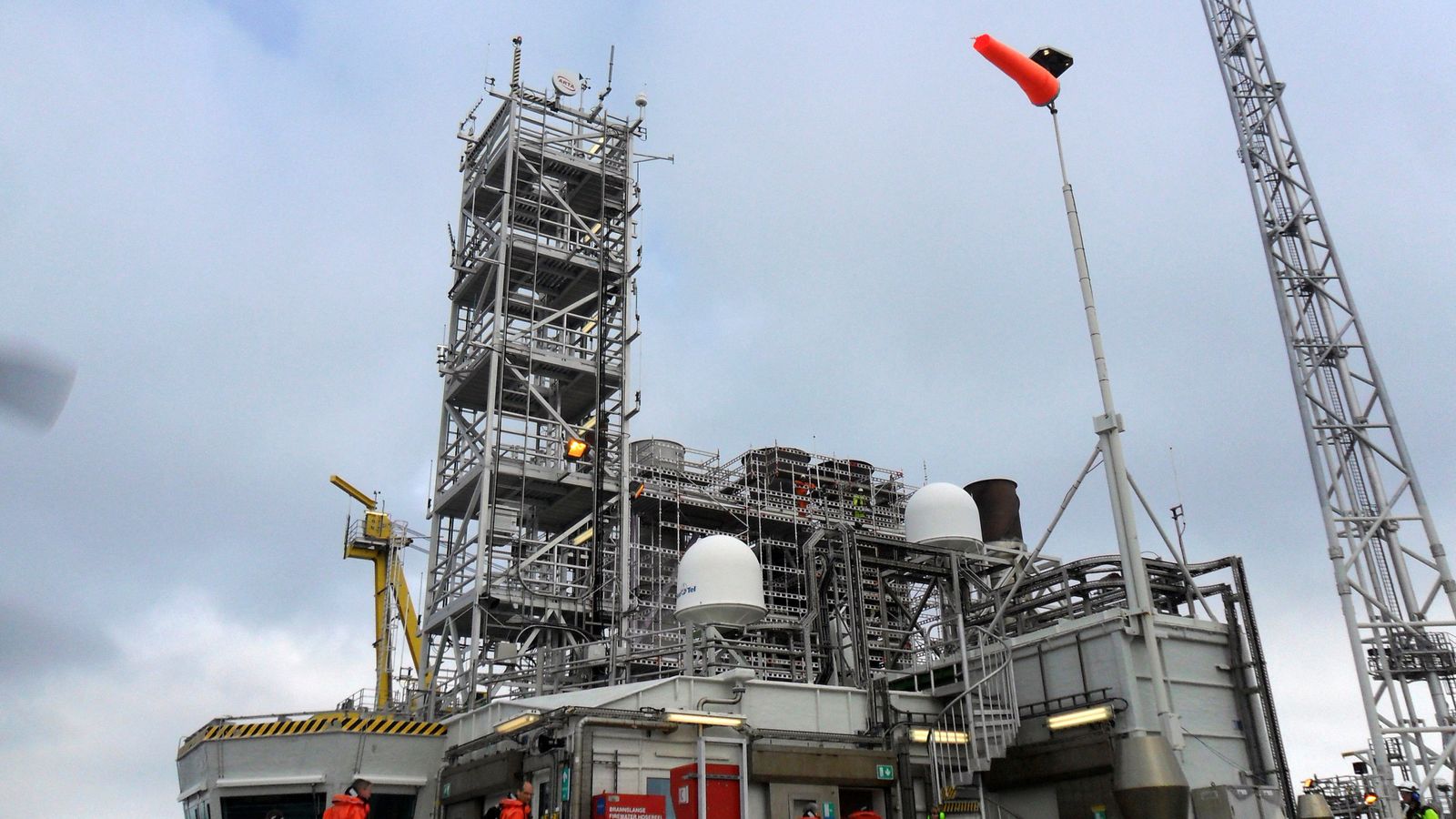
Irving Oil, the Canadian company that supplies about two-thirds of Maine’s gas, diesel and heating oil, surprised industry watchers Wednesday when it said it is undertaking a strategic review that could lead to a full or partial sale.
The privately held refinery giant, which opened its first Maine gas station in Bangor in 1972 and now has about 150 throughout the state, normally is tight-lipped about its business strategies, prompting industry watchers to speculate about the timing and reasons behind sharing its plans. Whatever the reasons, any change in its ownership or business focus will cast a broad impact across Maine.
Some speculate that younger Irvings — the company is in its third generation of family owners — may not want to continue the business. Others, including gas analyst Dan McTeague, fear Irving may be signaling deeper problems such as government policies to move from fossil fuels to net-zero technologies including electric vehicles.
“This is a must-watch event that came out of thin blue air and has implications well beyond the company’s reasons for doing it,” said McTeague, who also is president of Canadians for Affordable Energy in Toronto and was a member of parliament for 18 years.
Irving Oil is facing headwinds from clean fuel standards, he said. On July 1 the company will have to limit its carbon footprint by 15 percent under a Canadian government clean-fuel standard. That involves adding more ethanol to the gas, which is costly because much of the ethanol Canada uses is imported from the U.S.
The next big government requirement on the other side of the border comes in 2025, when Irving Oil and other refineries will be required to use carbon credit markets to offset fossil fuel emissions. That could add significantly to prices at the pump, McTeague said.

The Irving Oil refinery in Saint John, New Brunswick, supplies a large amount of the fuel used down the East Coast to Philadelphia. McTeague said it is the most valuable refinery in eastern Canada and the Northeast U.S., producing 330,000 barrels per day. Not all is sold under the Irving brand.
In Maine, the natural gas and oil industry supports 37,530 jobs, according to a May report from the American Petroleum Institute. The industry contributes $4.4 billion to the state’s economy.
Irving Oil is sometimes confused with its sister company, J.D. Irving, which is Maine’s largest landowner with more than 1.25 million acres of timberland in the northern part of the state. The two companies are each run by an Irving family member but operate separately. The family is a dominant player in the regional economy, particularly in New Brunswick.
Irving Oil said it expects to evaluate its options over the coming months. McTeague said the outcome bears close watching because of its potential broad impact and the impact of ongoing government efforts for electrification.
“This is a significant move at a very precarious time,” he said. “It could lead people to think there is a potential for a shortage coming.”








